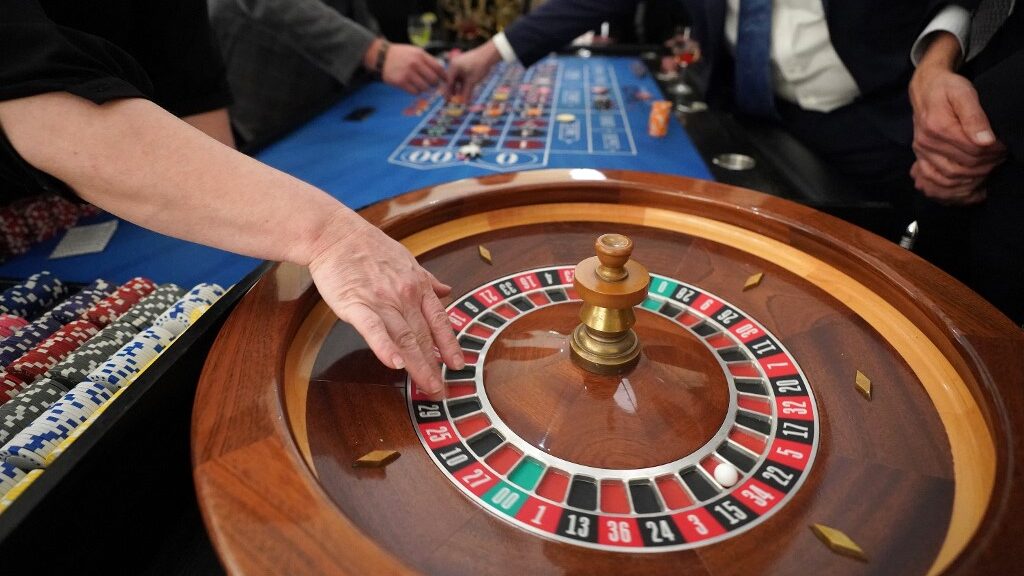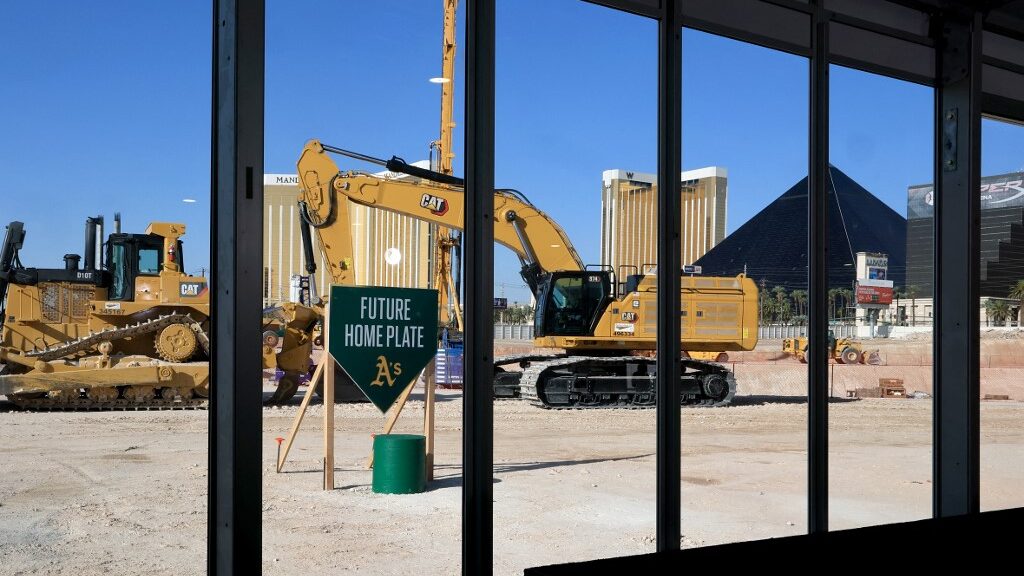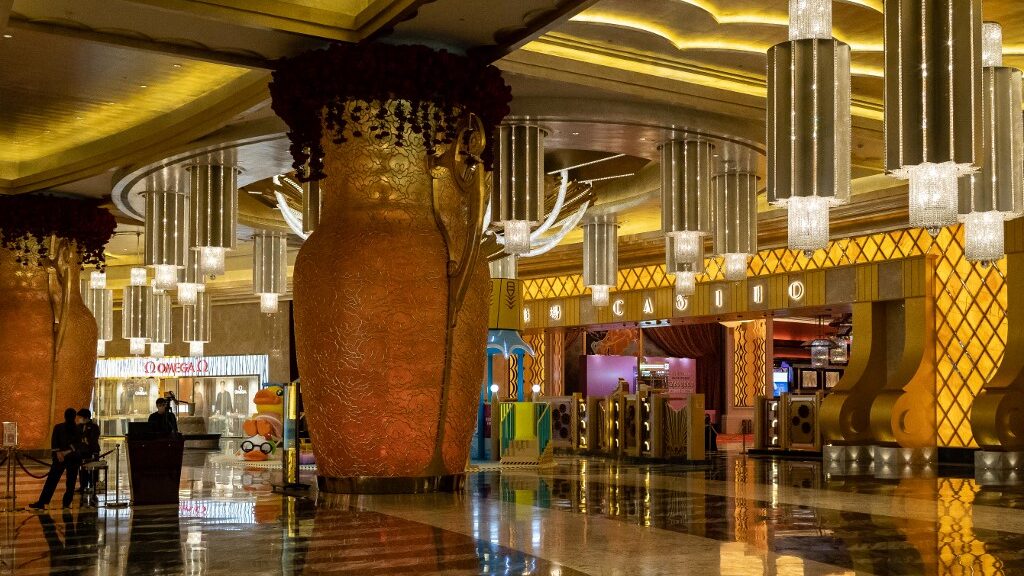
Although it has just been approved, lawmakers in the Tar Heel State are already considering the possibility of expanding gambling beyond just North Carolina sports betting. However, time is running out in this session for introducing commercial casinos and video lottery terminals into the mix.
Searching for New Revenue Streams
It has been a long winding road to get sports betting approved in North Carolina but many legislators believe that further expansion of the gaming industry in the state would generate welcome revenue streams.
Searching for new avenues to fatten the state’s tax coffers is particularly relevant after lawmakers in the Senate put forth a proposal to decrease the state’s income tax from 4.99% to 4.5% by next year and ultimately decrease it to 2.49% by 2030.
The matter is not urgent as the state is currently working with a budget surplus of over $3.2 billion but the impetus to strike while the iron is hot has never been greater after the pro-gambling faction’s victory in getting sports betting over the finish line in the traditionally conservative state.
Land-based commercial casinos and video lottery terminals (VLTs) are being discussed to include in the 2023 Appropriations Act. Rep. Jason Saine, the sponsor of the sports betting bill that passed earlier this month said, “I do believe that VLTs and casinos could be included in the budget. Supporters and lobbyists on those issues are continuing to meet with members.”
Billions at Stake
Although unlicensed and unregulated video lottery terminals are not popular everywhere, they certainly are in the Tar Heel State. It is estimated that between 60,000 to 100,000 VLTs dot the North Carolina landscape in bars, truck stops, gas stations, and convenience stores throughout the state; and none of those moneymaking generators are being taxed which is something that many legislators want changed.
Rep. Harry Warren has been advocating for VLT legislation for nine years and has suggested that the state limit the number of machines to around 35,000 while funding enforcement of cracking down on non-licensed VLTs.
Warren said, “I’m anticipating that the Senate version of a VLT bill will be included in the upcoming conference report which will become our budget. Sports betting advanced on its own, but we’re thinking some other aspects of gaming might just come up in the budget.”
“We’ve been unsuccessful in putting sweepstakes parlors and VLTs out of business,” Warren added. “The reason they exist is people want to play them. So, no amount of legislation is going to completely eradicate them. The commonsense thing to do is regulate them so we can control it rather than try to eliminate it. I think people are coming to that understanding.”
Unlocking the Revenue Potential
Spectrum Gaming released a market analysis report back in March which concluded 30,000 VLTs could produce $1.89 billion annually if taxed at 32% which would swell the state’s General Fund by more than $600 million per year.
The study also determined that three commercial resort casinos would produce $1.6 billion in gaming revenue which would add $589 million in annual state revenue if the tax rate was set at 35%. Combined the two new revenue streams would create a whopping $1.2 billion every year in new tax revenue.















